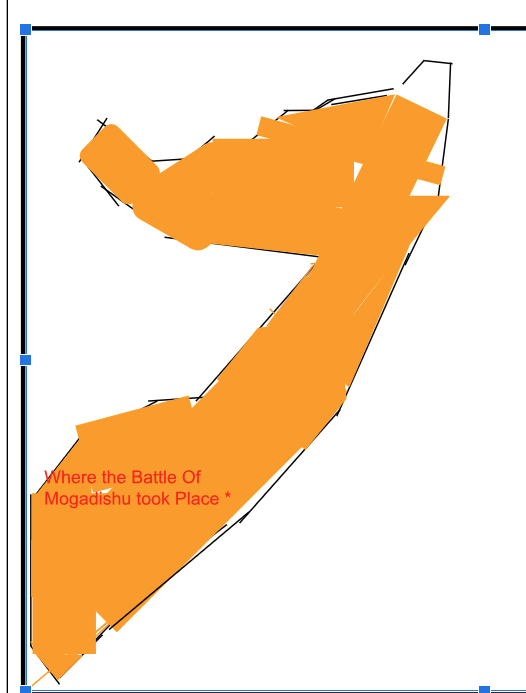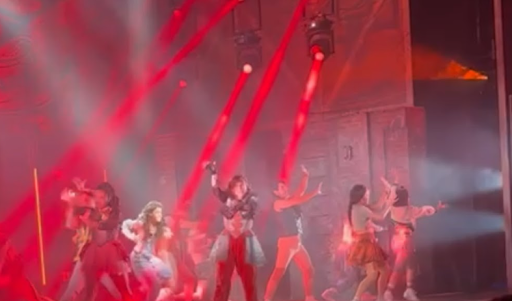Before he became known for being an author of horror, Stephen King wrote dark dystopian novels in the late 1970s and early 1980s under a fictional name called Richard Bachman. Richard Bachman wrote four chilling and heavy novels that pictured a world in which the US stood in an economic depression and a social breakdown, which led to a deadly and bloody government-created system. These four books became known as the Bachman series. Two of these books have already been seized by filmmakers: “The Running Man” and this one, “The Long Walk”.
This movie takes place in an alternate US history after a second civil war, sometime between the 1960s and 70s. The government has created an annual contest for 50 young adults and kids who are chosen in a lottery to walk until they are the last person standing. The rules are simple: you can’t walk below 3 miles per hour, you get three warnings if you do, 10 seconds to regain speed, and you can’t walk off the pavement. If you use your three warnings and fall below the minimum speed, you get your ticket. “Ticket” is the word they use instead of saying that a squad of soldiers with M16s (carbines) will come and shoot you dead. If you are the last one standing/walking, the reward for winning is more money than you can imagine and one wish.
When making and directing this movie, Francis Lawrence knew everything he needed to put inside to make it as dramatic as possible. Francis Lawrence was also the director of Hunger Games, so let’s just say he knew a little bit about trapping teens in a deadly game for the public’s entertainment. In an interview with Lawrence, he talks about how the idea of making this movie came to his mind. “Yeah, I am a long-time fan of his [Stephen King] work… it crossed my desk, tried to get the rights, but somebody else kinda nabbed him. And so it was always in the back of my head for 20 years.” Later, he talks about the movie and its theme. “I think what I have always really loved was the sort of the heart of the story and the camaraderie of the boys and the brotherhood.” Within the dozens of kids we are introduced to, the camera focuses on only a few. We come to know these kids as “The Musketeers”. These Musketeers go by the names of Ray Garraty (Cooper Hoffman), Peter McVries (David Johnsson), Arthur Baker (Tut Nyot), and Hank Olson (Ben Wang). The movie follows these specific kids who crack jokes and make comedy to spend time, while also introducing some other characters whom we don’t really get to know, but play an important role in the movie.
Before the walk starts, we are introduced to the antagonist, whom we get to know as the Major. He is in charge of everything and gives motivation and encouragement to the contestants. When the walk starts, everything is normal: the kids are laughing, nobody’s hurt, and they’re having fun, but when the first contestant is killed, everybody changes. As we follow the journey, the kids need to fight sleep, fatigue, heat, and other elements. But we come to the realization, as watchers, that those obstacles aren’t even the biggest problem they have. It’s losing each other that they have to worry about. At the beginning of the movie, the main characters make connections and tell each other that if someone else is struggling, they will help each other. But little do they know that is what will get them in the later stages of the walk
Watching The Long Walk was like riding an emotional roller coaster. At one point, you’d be laughing because of funny and slightly inappropriate jokes they’d make, and then all of a sudden, you’re in shock because you just saw somebody get shot merely for the public’s entertainment in the movie. Along with the constant action in the movie, the characters also take moments for each other to have deep conversations about the cruelty of the current state of America in which they live. They make confessions and don’t judge each other on anything. They understand each other’s feelings, and they try to connect so that maybe it could help them get through this walk. As I watched the movie, I noticed how Garrity and Peter really let their heart and minds out, telling each other about their family and why they volunteered to participate in this contest.
At the end of the movie, I was in shock just thinking about the sacrifices the characters made for each other and the friendship and love they created with each other. Peter and Rey got so close that they saw each other as brothers because they had never had one before. And that’s when I realized something, it was never about the rewards, or the money, or the wish… it was about the friends they made along the way.







